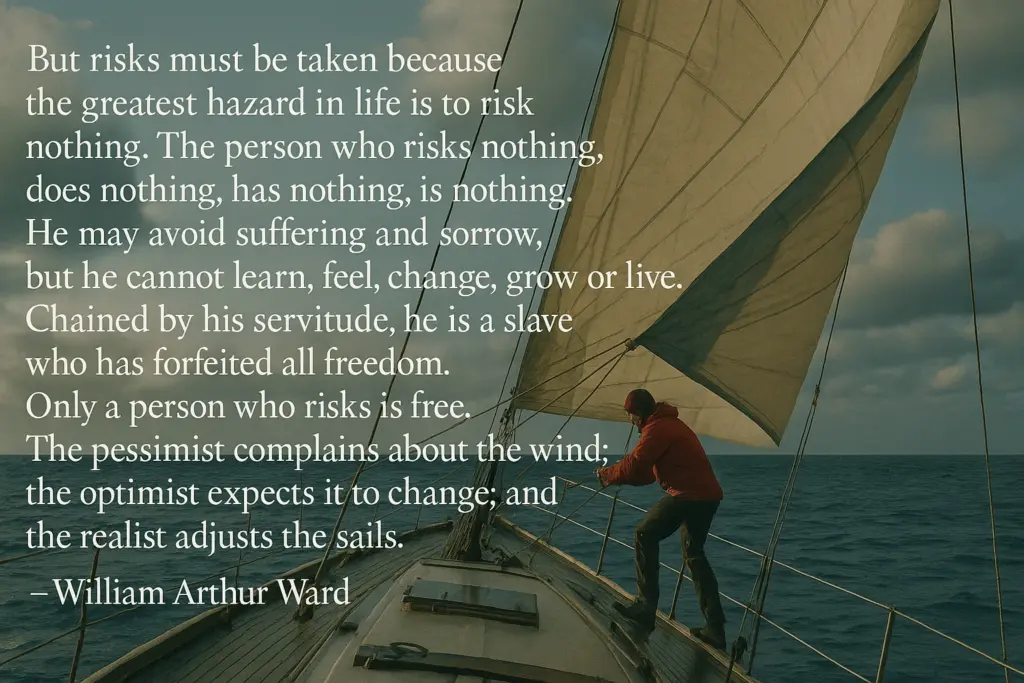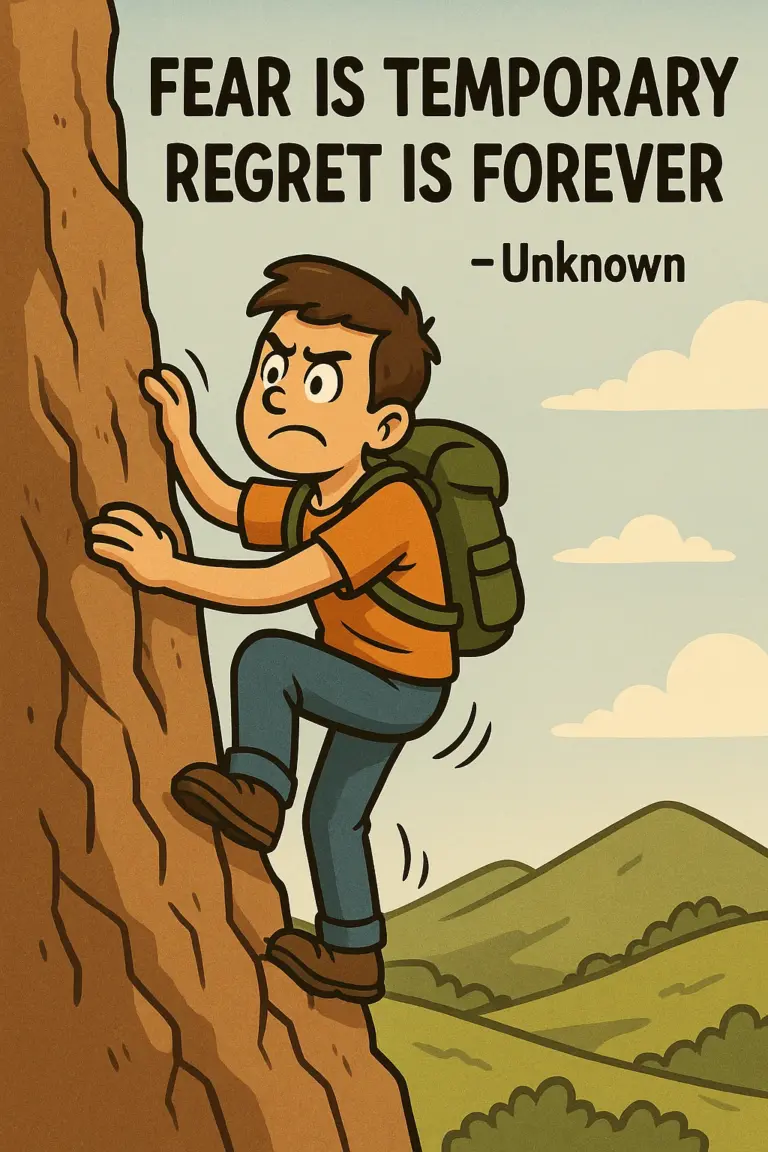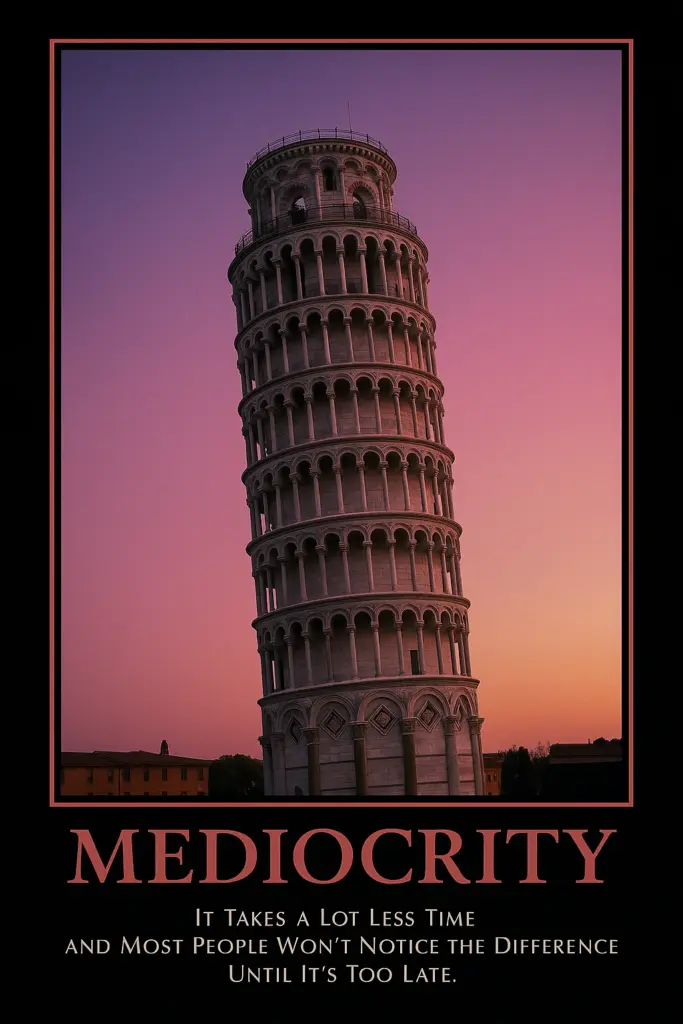Powerful prompts for productivity and perspective Tim Ferriss says he tries to ask himself these three questions every day: Your Turn How would you answer these questions today?
Category: Motivational
The Pessimist, The Optimist, And The Realist
Fear is Temporary
Randyland

From the video: "The color helps us to accept diversity and understand that we are all different. We live in America and Randy just sets that tone. Randy just sort of gave us that opportunity to be your own self." From PopCityMedia.com: "North Side resident Randy Gilson spent 25 years revitalizing a section of the North Side with bold colors and designs, art and more. Randyland is now a landmark, an act of love for...
Rising to New Heights

Mark fractured his neck when the wheel on his bicycle came off unexpectedly on a Chicago area roadway. Since then he has inspired the world with his relentless drive to teach himself to walk again. "If you think you are done. You're done." — Mark Stephan.



